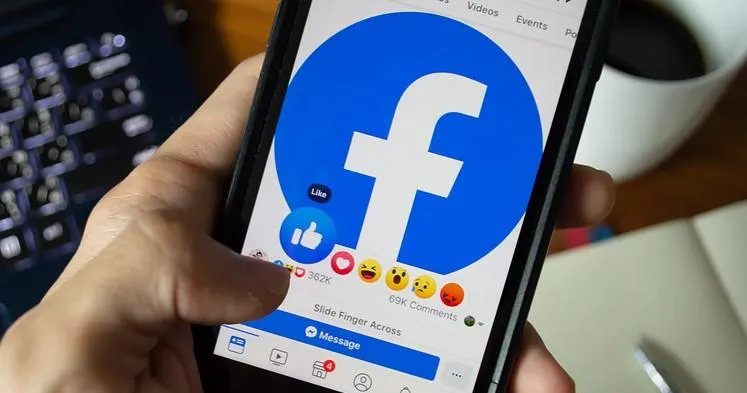

Face Book Hacked
“In 2018, Facebook revealed that a data breach had exposed the private information of millions of users' accounts on the social media platform.
Attackers were able to exploit a vulnerability in the coding of the website and obtain access to the personal information of millions of users.”
Even for someone who is dubious about the computer industry as a whole, it is difficult to deny the countless claims that Facebook has been hacked. The social media giant, which has more than 2.8 billion monthly active users, has been the target of many hacking attempts in the past few years, which has raised significant worries about the safety and security of the personal information of its users.
In 2018, Facebook revealed that a data breach had exposed the private information of millions of users' accounts on the social media platform. Attackers were able to exploit a vulnerability in the coding of the website and obtain access to the personal information of millions of users. This information included the users' names, contact information, and even their private messages. This Face book hacked event was a severe breach of the trust that people have placed in the firm, and it raises the questions of how and who is to blame for the incident.
The corporation moved quickly to take action to remedy the problem, but a critical observer can't help but ask if these activities were sufficient or if they were merely a façade instead of the real thing. In addition to informing local authorities, Facebook commissioned an independent team of investigators to look into the matter and locate the origin of the cyberattack. But were these efforts sufficient to avoid future breaches, or were they simply a mechanism for the corporation to shift blame for the previous breach?
Facebook also implemented modifications to its systems and processes, such as adding two-factor authentication, reinforcing password rules, and enhancing its monitoring and detection capabilities. These are just a few examples. When seen through the lens of scepticism, however, it is difficult to think that these precautions will be sufficient to avoid future Face book hacked events.
In 2019, a group of hackers acquired illegal access to a number of accounts, including those belonging to prominent individuals and organisations. Among the accounts compromised was data belonging to high-profile individuals and organisations. Facebook asserted that it had rapidly recognised the problem and had taken action to secure the accounts that were impacted as well as to prevent further unwanted access. However, as a cynical observer, one cannot help but wonder how effective these efforts will be in preventing future hacking occurrences on Facebook.
In addition, Facebook has a bug bounty programme and a data abuse bounty programme, both of which are designed to incentivize and reward security researchers who bring to light vulnerabilities and inappropriate data use by app developers. When seen through the lens of scepticism, however, it is difficult to accept the notion that these precautions by themselves are sufficient to protect the privacy and confidentiality of the users' personal information.
When seen through the lens of scepticism, it is difficult to have any faith in the assurances that Facebook provides concerning the protection of the personal information of its users. The track record of the corporation, which includes multiple of Face book hacked instances, raises major issues about their genuine commitment to safeguarding their customers. Instead of putting their faith in Facebook's assurances that their personal information will be secure, users should take the necessary precautions to safeguard this information on their own.

